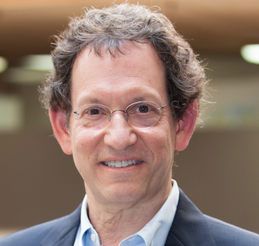
David Medine had not been on the job for a week as chairman of the Privacy and Civil Liberties Oversight Board when The Guardian dropped its first of many bombs supplied by National Security Agency leaker Edward Snowden.
As Medine described it in a telephone interview Monday, the revelation that the NSA was bulk-collecting the metadata from every phone call made to and from the United States "was sort of a fast-moving train that we decided to jump on."
"My first week we requested a briefing from the Justice Department. The third week we met in the Situation Room with the president," Medine said.

By a 3-2 vote, the presidential panel concluded that, among other things, the program "implicates constitutional concerns." (PDF)
While the panel's conclusions were not binding, President Barack Obama responded favorably and said he would move to dismantle one of the biggest spying programs that has ever come to light.
But is the government moving fast enough, or is it paying lip service to end the program the board concluded has "a chilling effect on the exercise of First Amendment rights?"
"The important thing is we get there and stop collecting the bulk information," Medine said. "Sounds like there is a commitment to getting it done. Hopefully it won't be a long transition period."
There are more than two dozen legislative proposals to end the program, and the president could cease it with an executive order. But for now, it continues unabated.
"We certainly hope that it will be a relatively short transition," Medine said.
reader comments
21